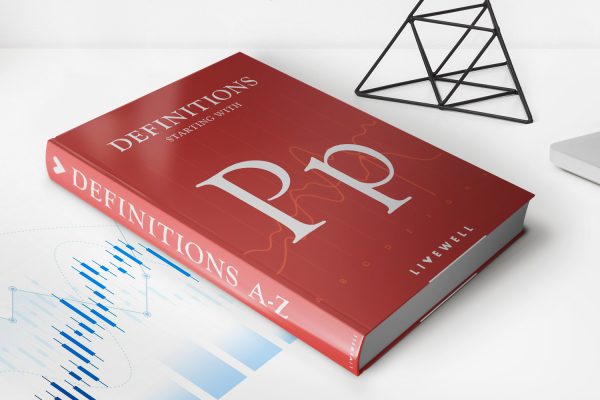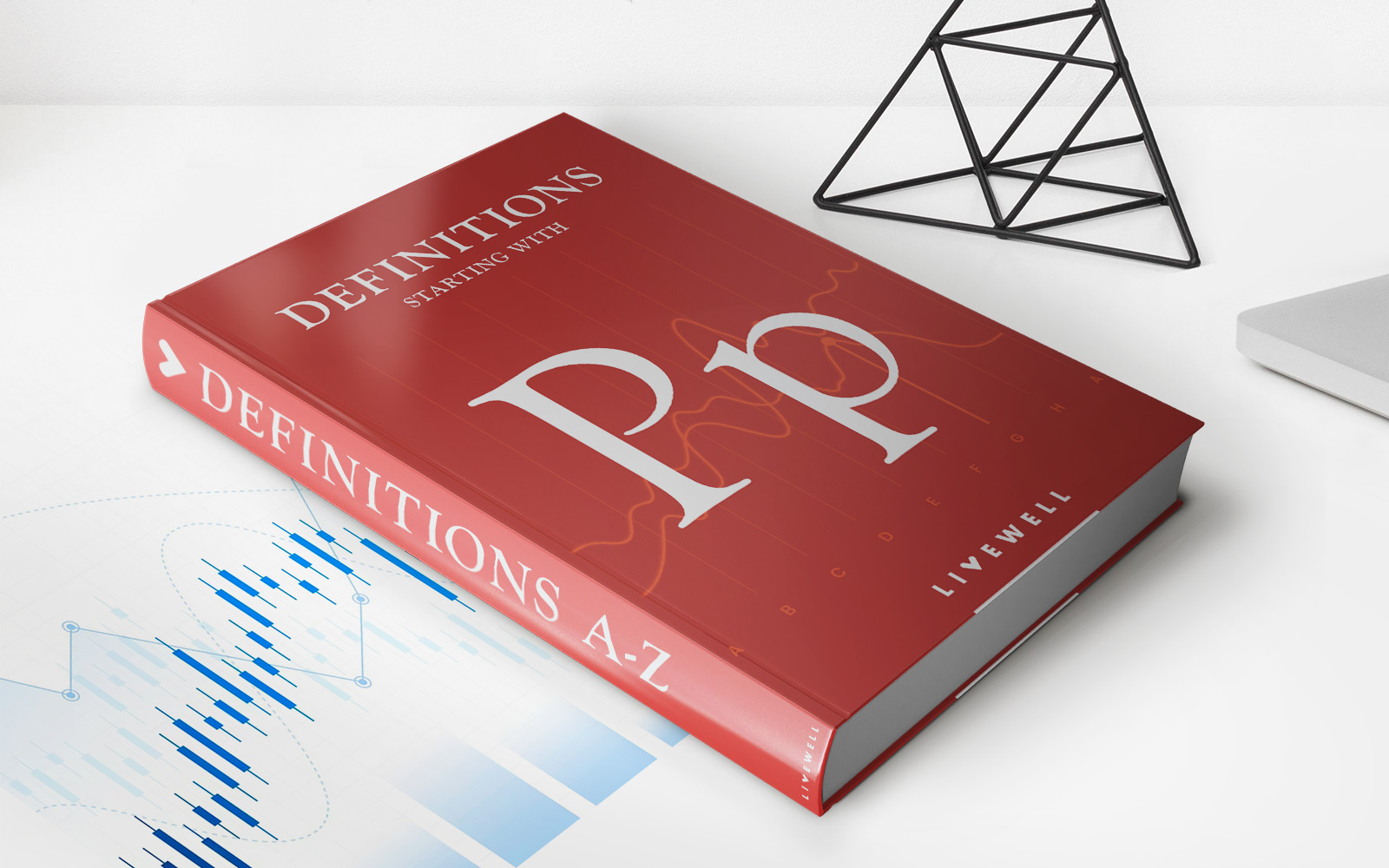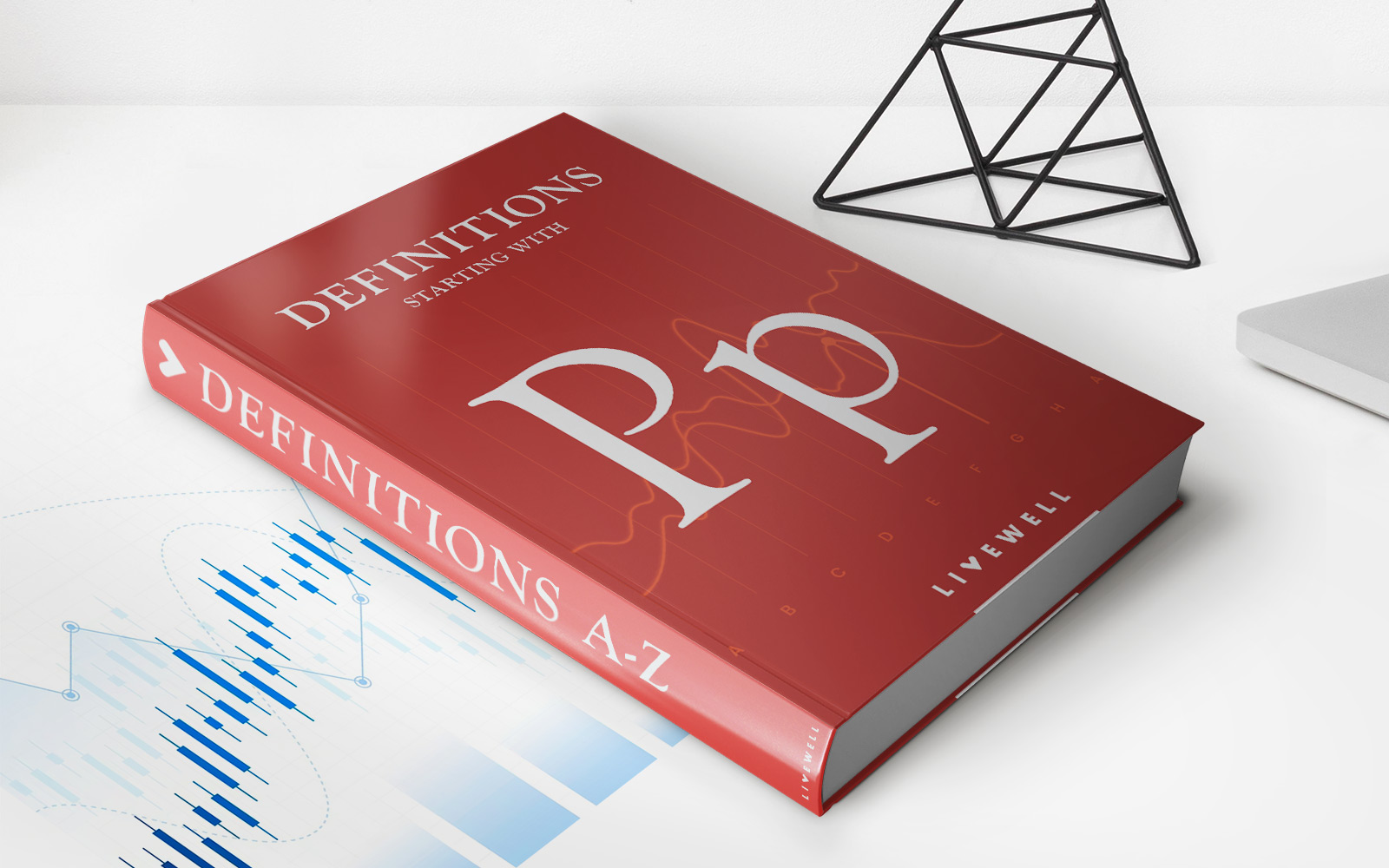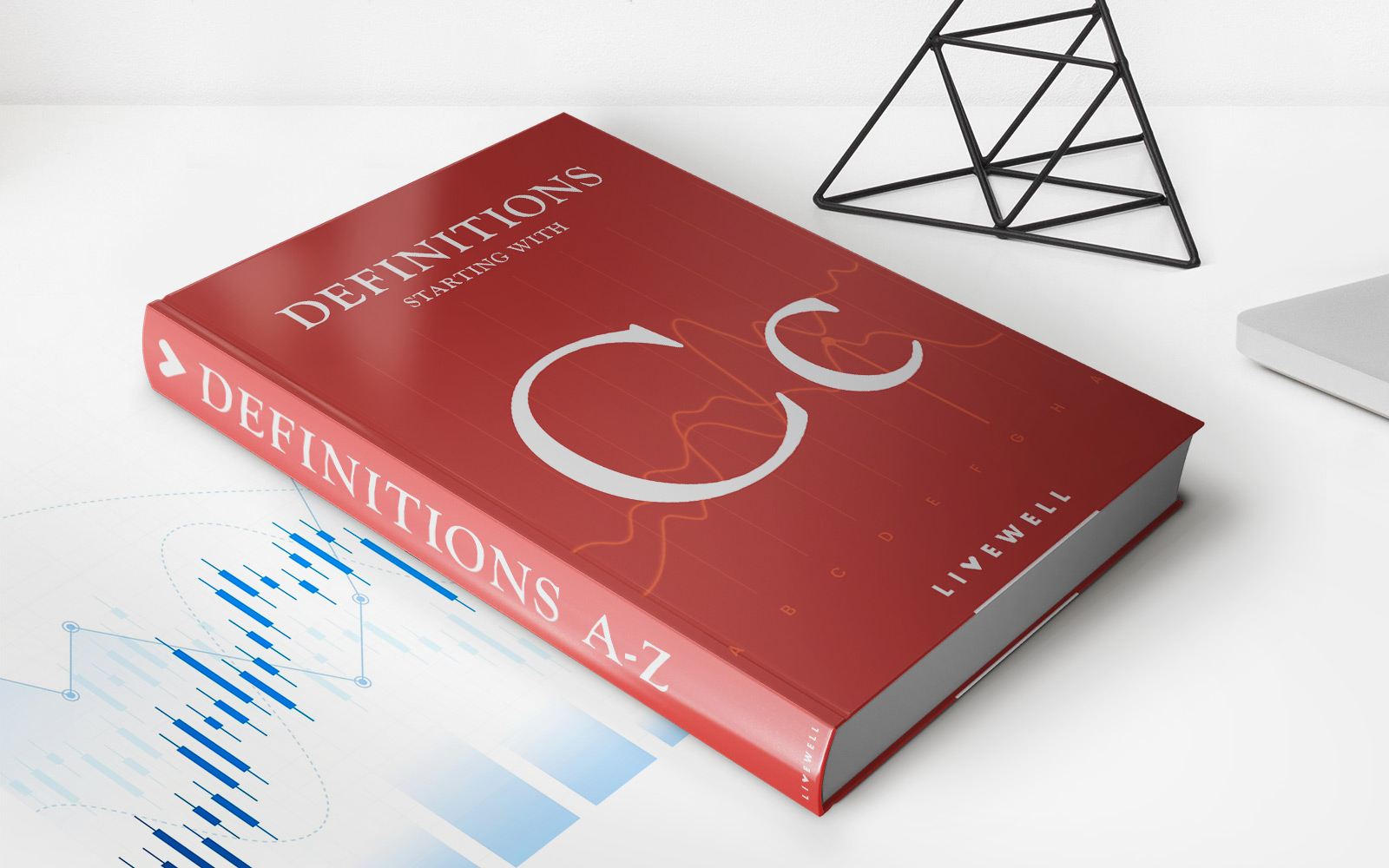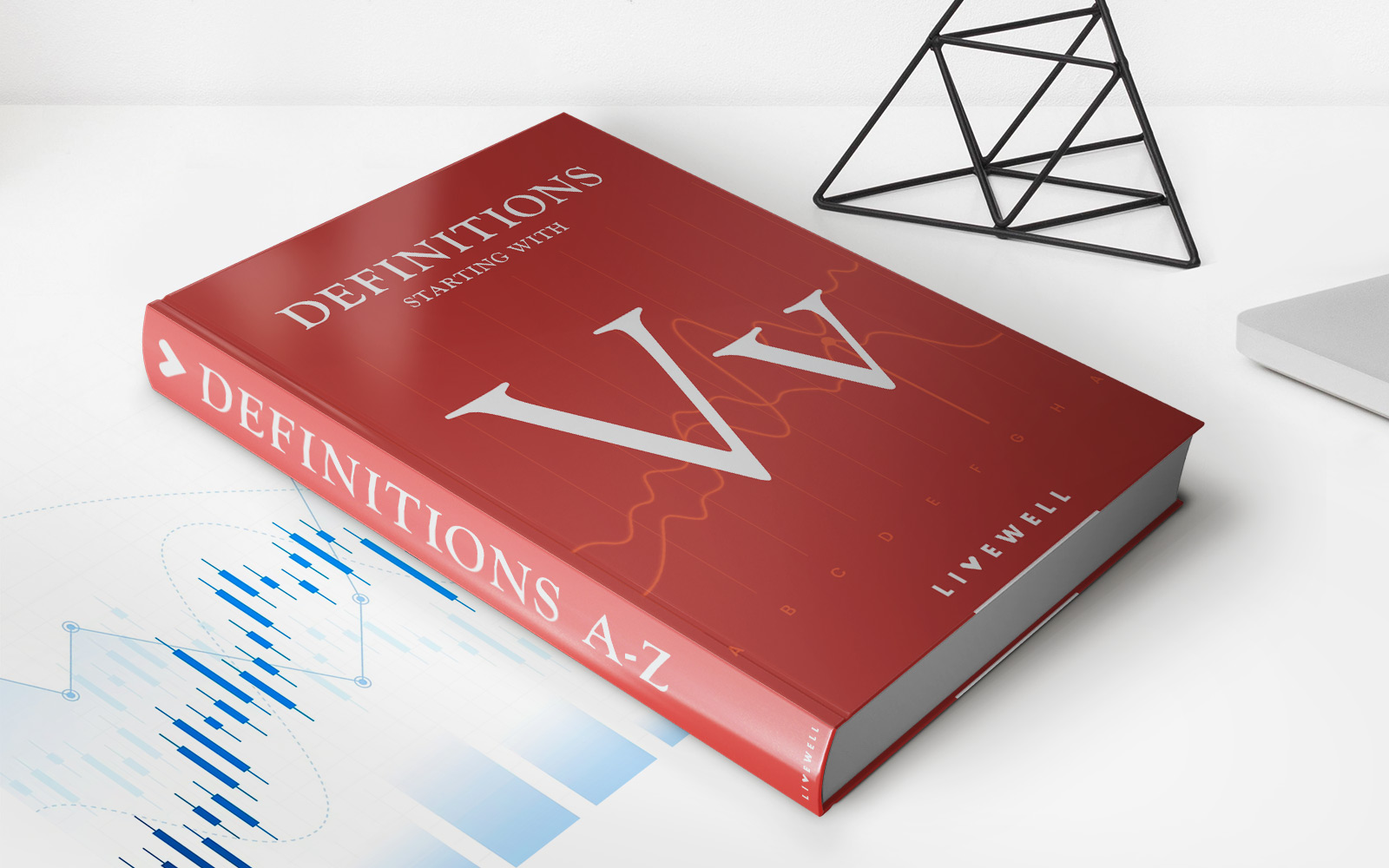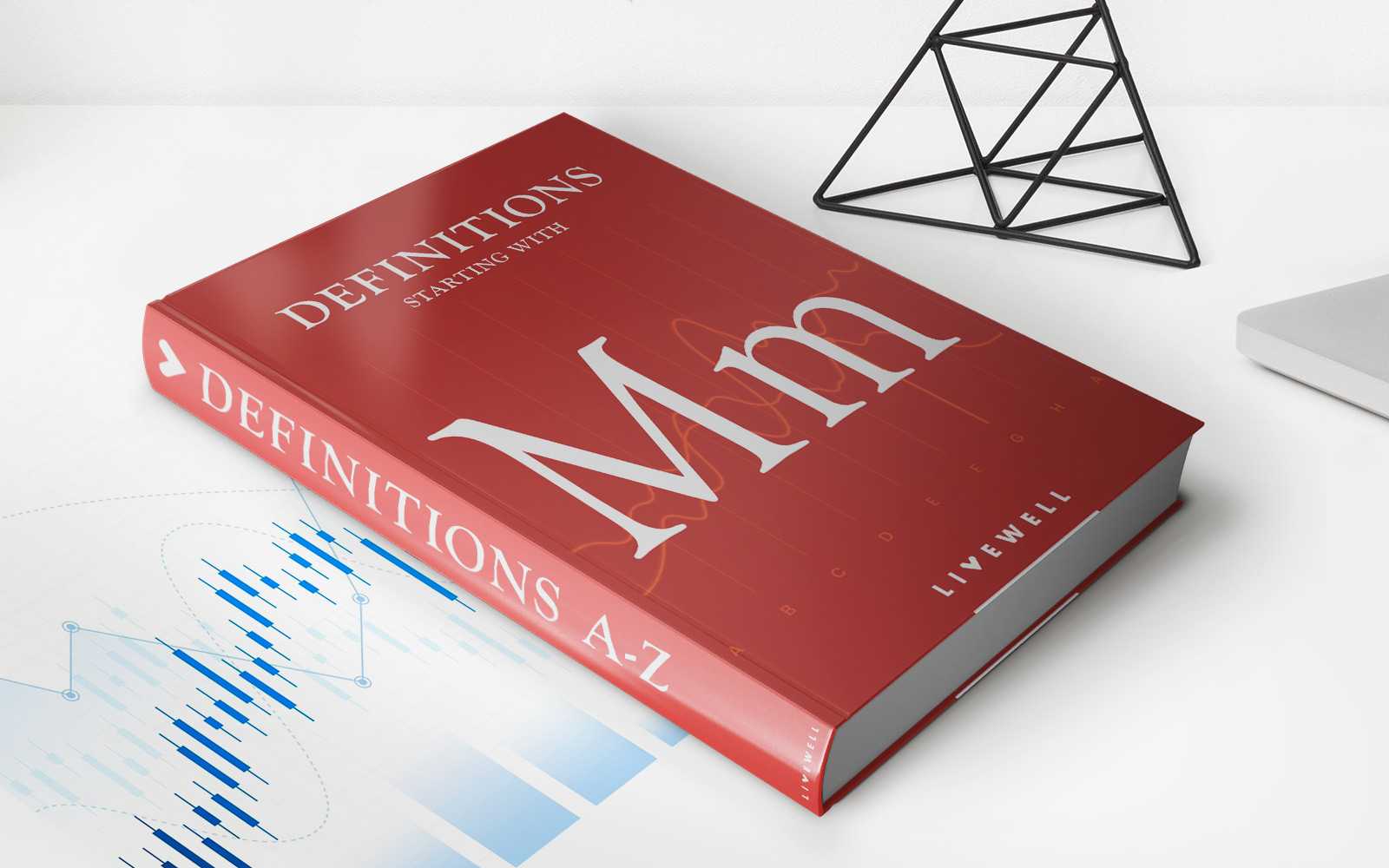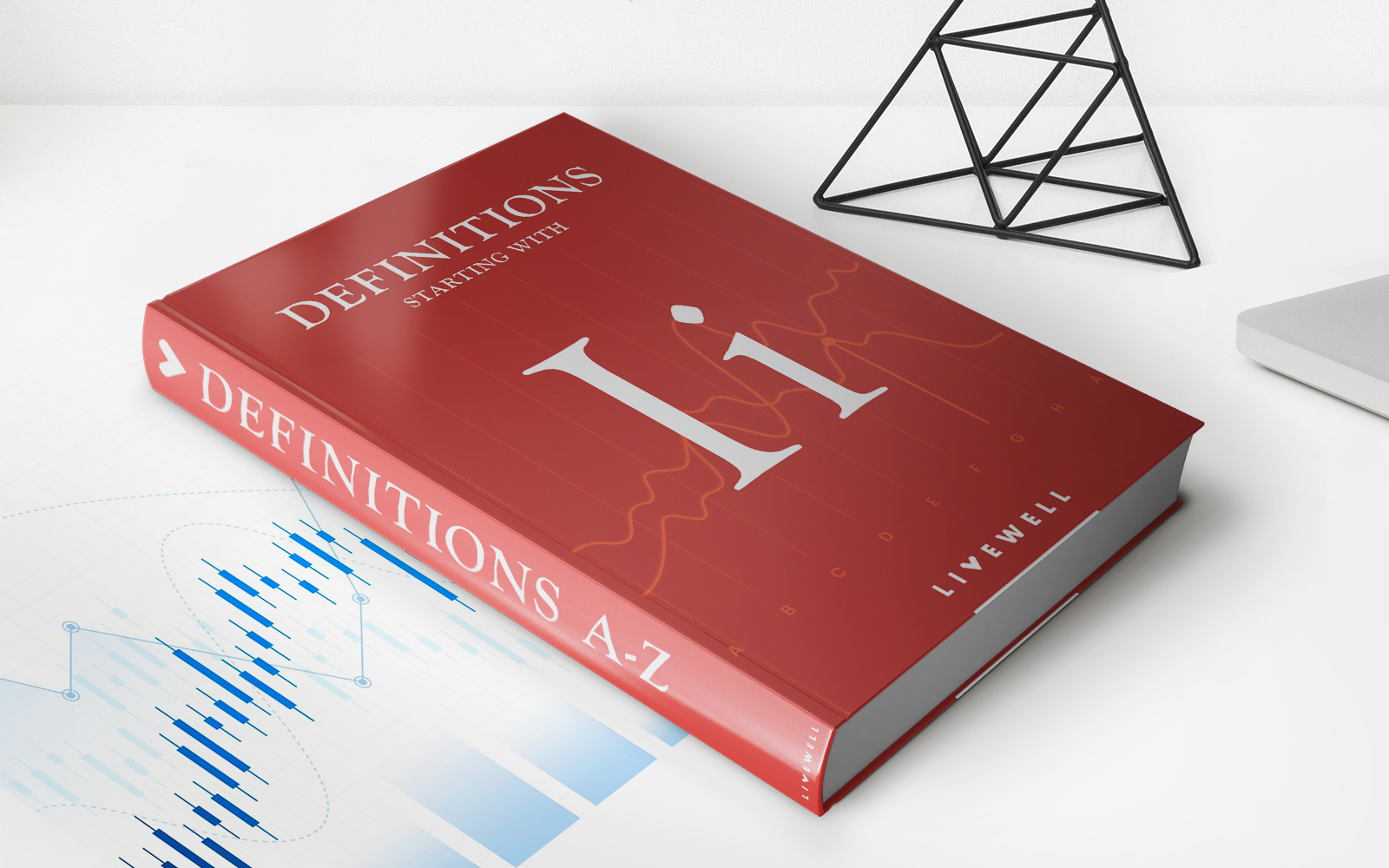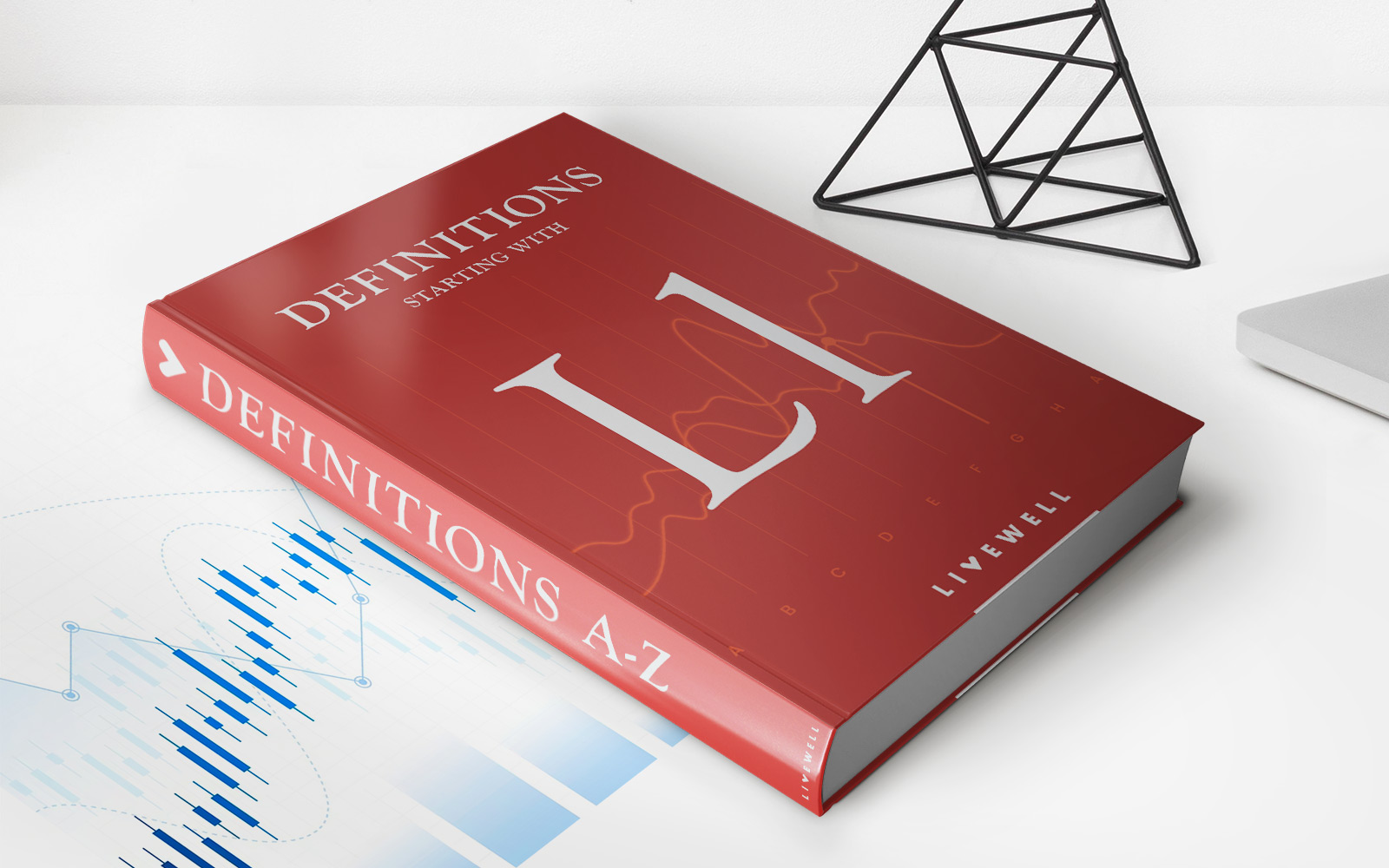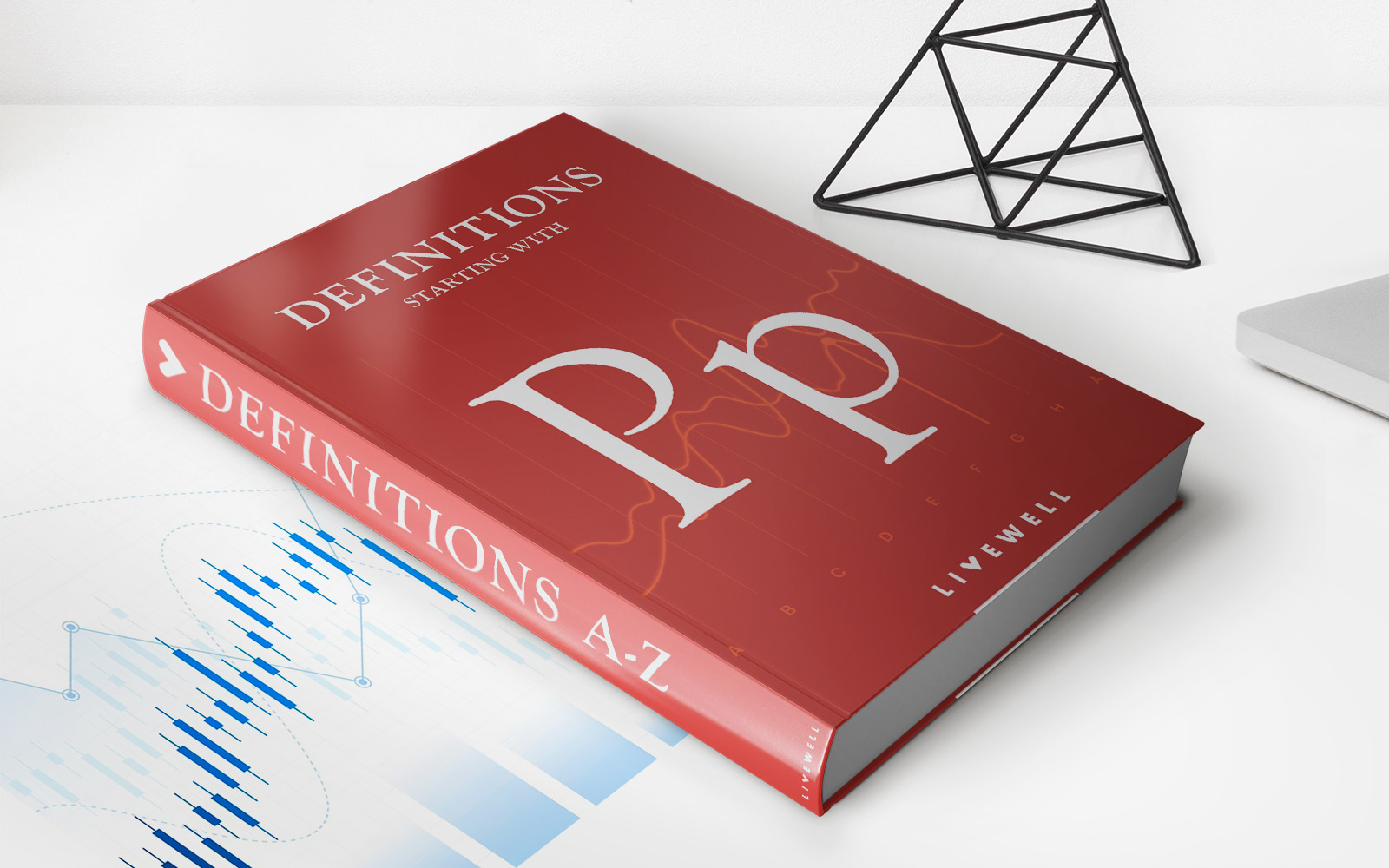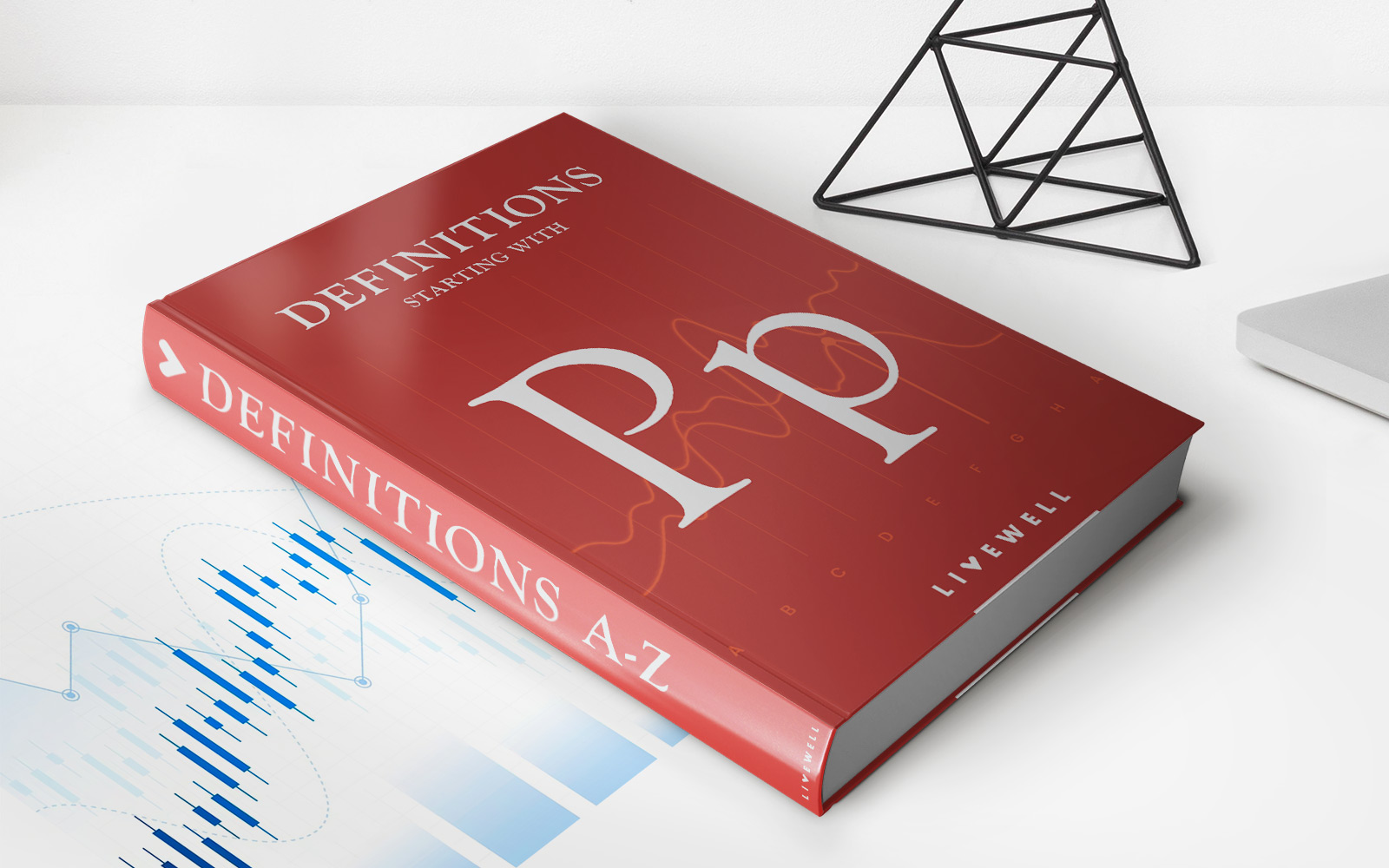

Finance
Positional Goods Definition
Published: January 9, 2024
Discover the meaning of positional goods in the world of finance. Understand how these products impact the market and influence consumer behavior.
(Many of the links in this article redirect to a specific reviewed product. Your purchase of these products through affiliate links helps to generate commission for LiveWell, at no extra cost. Learn more)
The Hidden Meaning of Positional Goods in the World of Finance
Have you ever wondered why some people are willing to spend a fortune on luxury items, while others are content with the basics? Welcome to the world of positional goods – a concept that plays a pivotal role in our understanding of human behavior and the dynamics of the financial world. In this blog post, we will explore the definition of positional goods and their significance in the realm of finance.
Key Takeaways:
- Positional goods are products or services whose value is determined not only by their inherent qualities but also by their relative scarcity and desirability compared to others.
- The pursuit of positional goods often leads to a phenomenon called “Veblen effect,” where the demand for a good increases as its price rises, signaling status and exclusivity.
Positional goods, also known as Veblen goods, are products or services that derive their value from their relative scarcity and desirability compared to others. Unlike essential goods like food and shelter, positional goods hold a symbolic appeal that goes beyond their practical utility. In the world of finance, the concept of positional goods plays a crucial role in understanding consumer behavior, market trends, and investment strategies.
So, why do people go to great lengths to possess positional goods? One reason is the recognition and status these goods confer upon their owners. In a society that often equates wealth with success, the possession of luxury items implies a higher social standing, leading many individuals to strive for their acquisition. Moreover, the limited availability of positional goods creates a sense of exclusivity and scarcity, making them highly desirable among consumers.
In the financial realm, the pursuit of positional goods shapes various aspects. For investors, understanding the dynamics of positional goods can provide valuable insights into market trends. For example, the demand for certain luxury goods can act as an indicator of consumer confidence and disposable income. Additionally, the concept of positional goods plays a role in shaping investment strategies, as certain assets such as high-end real estate or rare collectibles may hold their value or appreciate significantly over time.
It’s important to note that the pursuit of positional goods has its drawbacks as well. For individuals, the desire for these goods can lead to excessive spending, debt, or financial instability. In the financial market, the steep prices of positional goods can create bubbles, where speculative investment inflates the price beyond their intrinsic value, leading to potential market crashes.
In conclusion, the concept of positional goods holds great significance in the field of finance. Understanding the motivations and implications behind the pursuit of these goods can help individuals make informed financial decisions and investors identify profitable opportunities. However, it’s essential to balance the desire for positional goods with prudent financial planning to ensure long-term financial well-being. Ultimately, wealth and success should not be solely defined by one’s possession of positional goods, but rather by a holistic and sustainable approach to financial management.
